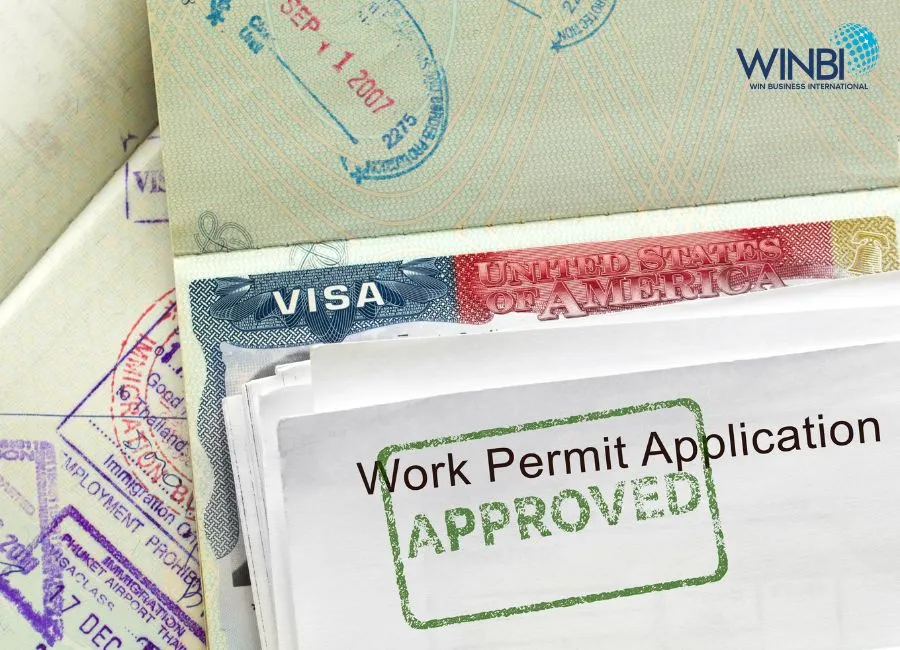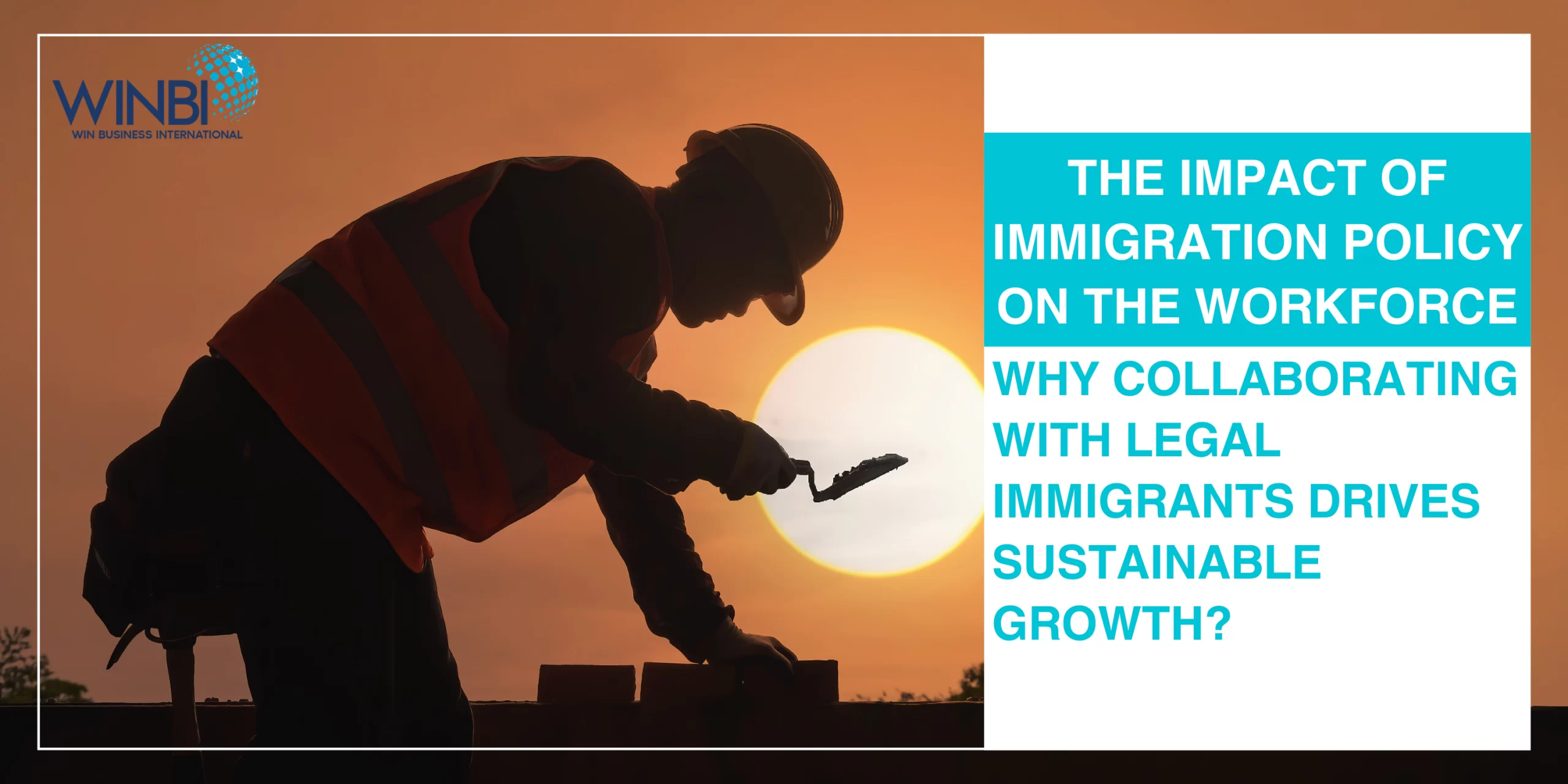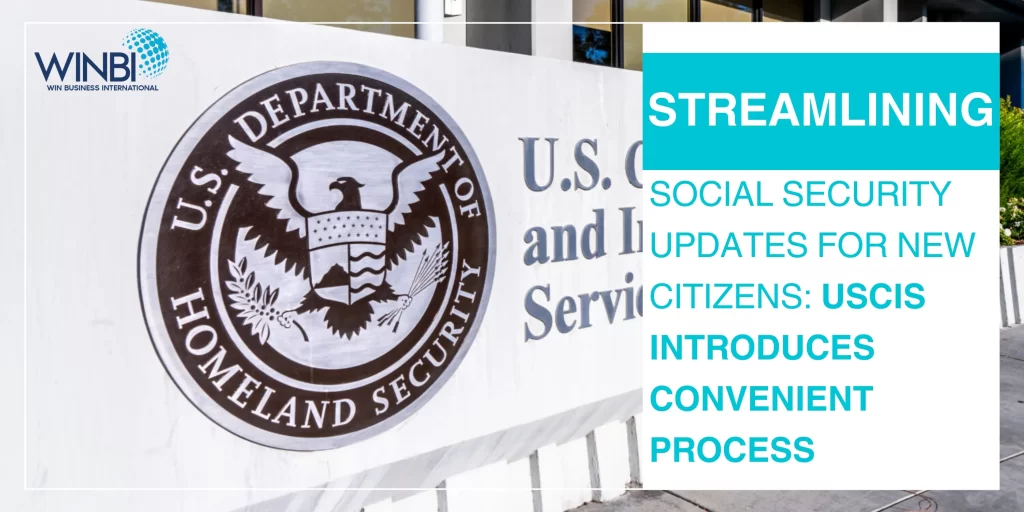In recent years, the U.S. immigration policy, especially under the Trump administration, has undergone significant changes, leaving many industries facing labor shortages. These changes have profoundly impacted businesses that rely on immigrant labor, particularly in sectors such as construction, elder care, agriculture, and manufacturing. Many of these industries are now bracing for even more disruptions as government policies on deportation tighten and immigration restrictions become more rigorous.
1. The Growing Importance of Immigrant Labor in the U.S.
Immigrant labor has long been a cornerstone of the U.S. workforce. According to various reports, immigrants, both documented and undocumented, have filled crucial roles in industries where labor shortages persist. From agricultural fields to residential construction sites, these workers contribute significantly to the economy. In fact, industries such as construction, agriculture, and elder care are heavily dependent on immigrant labor to maintain productivity and meet demand.

However, as the Trump administration rolled out stricter immigration policies and cracked down on undocumented immigrants, industries that once thrived with immigrant labor are now facing a crisis. The U.S. government’s announcement to phase out Temporary Protected Status (TPS) for nationals of countries like Venezuela and Haiti has created anxiety among large corporations, especially those relying on this program. Amazon, for example, has utilized TPS workers in their warehouses, and the potential loss of these workers could disrupt supply chains across the nation.
2. The Impact on Specific Sectors
2.1. Construction Industry:
The construction industry is one of the sectors most affected by immigration policies. Up to 19% of construction workers are undocumented, with higher percentages in certain states. Immigrant workers are crucial in residential construction, where the shortage of skilled labor is already severe. A reduction in immigrant workers would slow down construction projects, causing delays that would lead to increased costs and fewer completed projects.

Nik Theodore, a professor at the University of Illinois, Chicago, warns that removing construction workers from the workforce will exacerbate the current shortage, leading to higher production costs. This will inevitably affect developers, private homeowners, and contractors, who will be forced to deal with delays and rising expenses.
2.2. Elder Care Industry:
The senior care industry also faces significant challenges due to the reliance on immigrant labor. With an aging population and an increasing demand for caregiving services, industries in elder care, like in-home caregiving, have become reliant on immigrant workers. Approximately 80% of caregivers in some areas are foreign-born, and many of them hold temporary work permits or are undocumented.

The threat of deportation has created uncertainty within this sector. If these workers are removed from the workforce, it would lead to a severe shortage of caregivers, resulting in a dramatic increase in the cost of in-home care. This could disrupt care for millions of older adults and people with disabilities, potentially leading to a crisis in long-term care.
2.3. Agriculture Sector:
The agriculture sector has been experiencing labor shortages for decades, which have been exacerbated by immigration restrictions. The U.S. Department of Agriculture estimates that over 40% of the nation’s crop workers are immigrants without legal status. These workers often perform labor-intensive tasks like harvesting fruits, vegetables, and grains, tasks that American-born workers typically do not fill due to the nature of the work and the low wages.

Tom Deardorff, a California vegetable farm owner, emphasizes that the country owes these workers dignity and fair treatment, not just thanks for their essential labor. Without these immigrant workers, many farming operations would come to a halt, resulting in higher food prices and supply chain disruptions.
3. The Risks of Employing Undocumented Immigrant Workers
Employing undocumented workers presents several risks for businesses. If caught, companies can face hefty fines, penalties, and even legal action. Moreover, companies relying on undocumented workers are at risk of losing their labor force altogether if mass deportations occur. This could result in project delays, broken contracts, reduced productivity, and increased overtime costs for remaining workers.

Employers who continue to rely on undocumented labor may face even greater challenges as enforcement actions increase. The risk of workers being detained, deported, or forced to leave the country creates a disruptive environment for businesses. Employers in industries like construction, elder care, and agriculture need to consider the long-term implications of hiring undocumented workers, which can have severe consequences on their operations.
4. A Safer and More Sustainable Solution: Collaborating with Legal Immigrant Workers
While the challenges of employing undocumented immigrant workers are clear, businesses still need access to a reliable, hardworking labor force. The solution lies in partnering with legal immigrant workers through programs like the EB-3 visa. The EB-3 visa allows qualified immigrants to work legally in the U.S., providing a stable, long-term workforce for employers.

Winbi LLC offers a secure and sustainable solution for businesses of all sizes, whether small or large. With years of experience in connecting U.S. businesses with high-quality, legal immigrant workers through the EB-3 visa program, Winbi LLC ensures that businesses can maintain productivity without the risks associated with employing undocumented workers.
5. What is the EB-3 Visa Program?
The EB-3 visa is a legal immigration program that allows skilled workers, professionals, and other workers to live and work in the U.S. The program is designed to help employers fill positions that are difficult to staff with U.S. workers. Unlike temporary work visas, the EB-3 visa is a permanent solution, with the option for workers to obtain permanent resident status (a green card).

This visa program offers several benefits for both employers and workers. For employers, it ensures a reliable, stable, and legal workforce that is committed to long-term employment. For workers, it provides a pathway to permanent residency, which incentivizes them to stay with their employers for the long haul. This mutual commitment benefits everyone involved and creates a win-win situation for businesses that rely on immigrant labor.
6. How Winbi LLC Can Help Your Business?
At Winbi LLC, we specialize in helping businesses navigate the complexities of the EB-3 visa program. We understand the challenges businesses face when dealing with immigration issues, and we provide a seamless, end-to-end solution for connecting you with legal immigrant workers.

Here’s how our process works:
- Recruitment and Hiring: We handle all aspects of recruitment, from sourcing qualified immigrant workers to ensuring they meet all legal requirements for employment in the U.S.
- Immigration Paperwork: We take care of all immigration paperwork, including securing the necessary visas and ensuring compliance with U.S. immigration laws.
- Legal Work Authorization: We ensure that both the worker and the employer have all required documentation for legal employment in the U.S., including work permits and proof of legal immigration status.
- Ongoing Support: We provide continuous support to both employers and employees to ensure smooth operations throughout the worker’s tenure with your company.
With Winbi LLC’s help, your business can access a steady stream of legal, reliable, and skilled immigrant workers who are committed to long-term employment. This allows your company to avoid the risks associated with employing undocumented workers and ensures that your operations run smoothly.
The U.S. labor market is facing significant challenges due to restrictive immigration policies that threaten to disrupt industries that rely on immigrant labor. From construction to agriculture to elder care, the consequences of losing immigrant workers could be far-reaching, causing delays, increased costs, and decreased productivity.

However, businesses can mitigate these risks by partnering with companies like Winbi LLC to secure legal immigrant workers through the EB-3 visa program. By doing so, enterprises ensure a stable, committed workforce that can help them maintain operations and thrive in an increasingly competitive market.
Whether you’re a small business or a large corporation, collaborating with legal immigrant workers is a safe and long-term solution that benefits everyone involved. Let Winbi LLC help your business navigate the complexities of immigration law and secure a future of growth and success.


